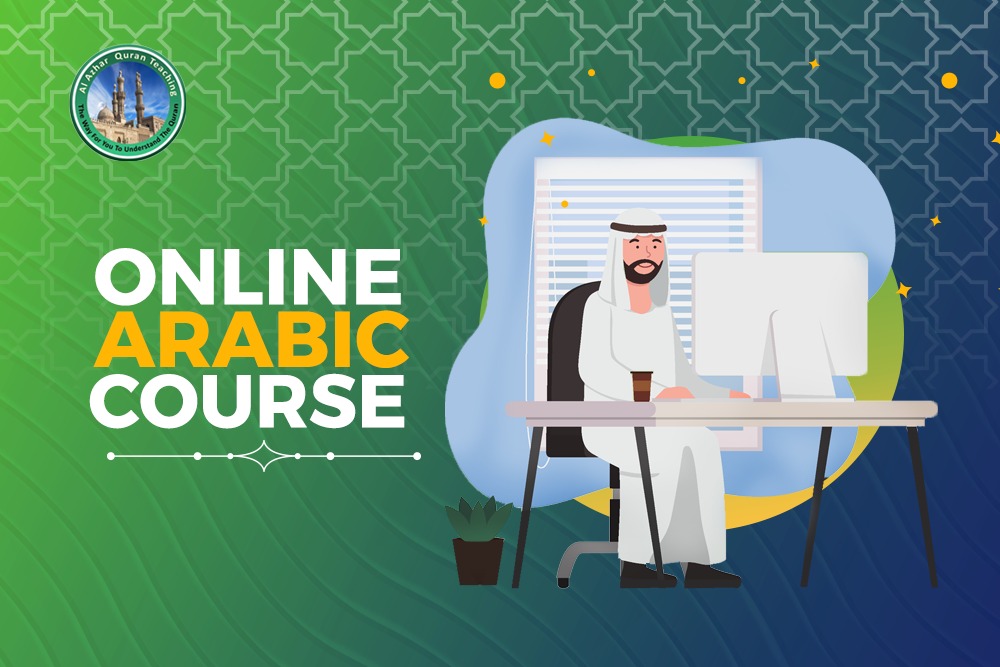Arabic: A Global and Influential Language
Arabic is a Semitic language and about 260 million people use this language worldwide, and they consider it their first language, while some other people can understand this language and consider it their second language. This language is spoken throughout the world due to its historical and business importance. This language falls in the 6 official languages of the UN, while the other UN official languages are English, French, Spanish, Russian, and Chinese. These features increase its worth to learn.
The Challenge of Learning Arabic Online
Learning Arabic is not an easy job due to so many accents all over the world. Due to having many dialects. It is difficult to find the best online course. These courses are taught in different dialects. I will try my best to cover these courses in this article. I will start with top-ranking to down options for your money and time. Relying on the accents you are learning and the way you like to learn and your ability level to absorb and your personal opinion about the course might be different.
Top Tier (Available in Every Dialect)
PIMSLEUR
-
Best for: Effective communication skills
-
Dialects: Eastern, Egyptian, Modern Standard Arabic (MSA)
-
Price: Starts at $14.95/month
-
Strengths: Focus on speaking and vibrant audio quality, strong command of phrases, and cultural context
-
Limitations: Mainly focuses on spoken Arabic; lacks written material
Arabic Pod101
-
Best for: Supplementing Arabic learning
-
Dialects: Moroccan, Egyptian, MSA
-
Price: $8–$47/month
-
Strengths: Wide range of lessons, affordable, excellent audio/video content
-
Limitations: Mixing of dialects can confuse beginners
Language Transfer
-
Best for: Free language learning tool
-
Dialect: Egyptian
-
Cost: Free
-
Strengths: Innovative teaching, efficient lessons, strong vocabulary
-
Limitations: Lacks native speaker audio, non-traditional format
Madinah Arabic
-
Best for: Free starter courses and gap-filling
-
Dialects: Quranic, MSA
-
Cost: Free
-
Strengths: Free access, easy navigation, audio/video resources
-
Limitations: Less dynamic lessons, expensive tutors
Memrise
-
Best for: Practice and vocabulary development
-
Dialects: Multiple
-
Cost: Free and premium ($9/month)
-
Strengths: Multiple dialects, useful for practicing phrases
-
Limitations: May lack challenging material
Second Tier
-
Udemy: Wide variety of Arabic courses, including dialect-specific options.
-
FSL Arab Academy: Structured curriculum for different levels.
-
Duolingo: Free, gamified Arabic lessons for beginners.
-
Learn Lebanese Arabic with Hiba Nejem: Focused on Lebanese dialect.
Third Tier
-
Mango Languages: Interactive lessons with cultural notes.
-
Glossika: Audio-based, repetition-heavy learning.
-
Arabic Online: Comprehensive, level-based courses.
-
Michel Thomas: Audio learning, focus on practical conversation.
-
Rosetta Stone: Immersive, visual-based language learning.
Fourth Tier
-
Mondly, Rocket Arabic, Busuu, Talk in Arabic, and Transparent Language: Each offers unique features, from chatbot practice to grammar drills and community support.
Features of Top Online Arabic Language Courses
-
Comprehensive material: Covers reading, writing, listening, and speaking.
-
Practical assignments: Daily interactions and real-life scenarios.
-
Accountable practice: Feedback from experienced instructors.
-
Flexible pricing: Free and paid options to fit any budget.
Specialized Platforms
Arab Academy
-
Suitable for all ages and interests
-
Offers games and activities to improve all language skills
-
Flexible schedule and no prior experience required
Arabic Online
-
Experienced instructors, tailored lessons, and modern teaching methods
-
Focuses on communication skills and offers certification programs
Free Arabic Learning Resources
Duolingo
-
No experience required; lessons cover all basics
-
Focus on writing and speaking skills
MOOCs (Massive Open Online Courses)
-
Free online Arabic courses, including Edx and Coursera
-
Courses on various topics, some with subtitles and specialized tracks
Why Learn Arabic?
-
Business and diplomacy: Arabic is vital for international relations, trade, and diplomacy.
-
Cultural richness: Unlocks access to a vast heritage of literature, religion, and history.
-
Career opportunities: High demand for Arabic speakers in translation, education, intelligence, and more.
-
Global communication: One of the world’s most influential and widely spoken languages.
In summary:
Arabic’s global reach, official status, and diverse dialects make it a valuable but challenging language to learn. Choosing the right online course depends on your goals, preferred dialect, and learning style. Whether you opt for a top-tier paid program or a free resource, consistent practice and exposure are key to mastering Arabic.
Register Now

